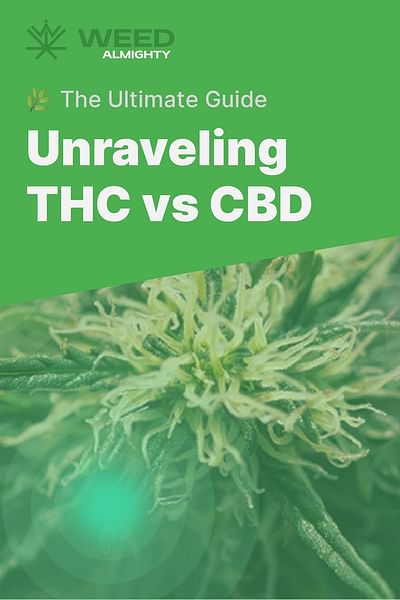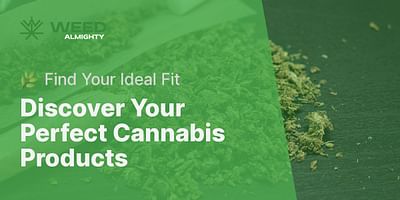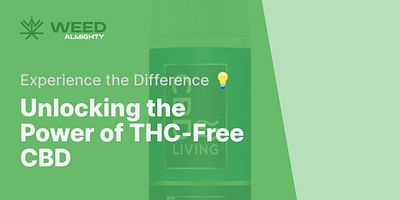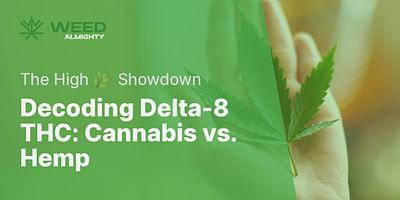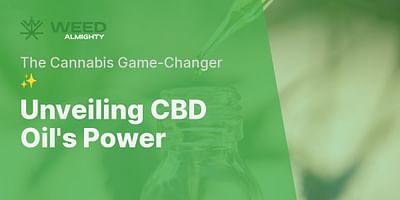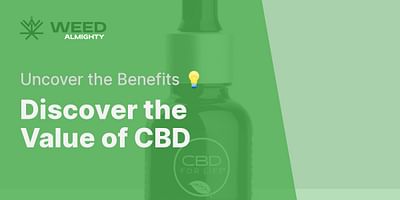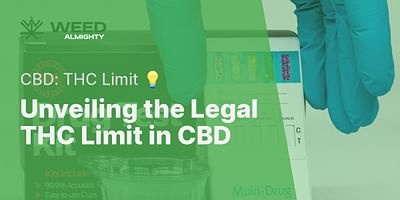Ethan Lee is a cannabis activist and writer who has been advocating for cannabis legalization for over a decade. He is passionate about educating others on the benefits of cannabis and fighting against the injustices of the war on drugs.
Hey there! Great question. Let's dive into the fascinating world of cannabis and explore the differences between THC and CBD.
THC and CBD are two of the most well-known compounds found in cannabis. They belong to a family of chemical compounds called cannabinoids, which interact with our body's endocannabinoid system to produce various effects.
First off, THC, or delta-9-tetrahydrocannabinol, is the primary psychoactive compound in cannabis. It's what gives you that euphoric "high" feeling when you consume marijuana. THC binds to cannabinoid receptors in the brain, activating them and altering your perception, mood, and cognition. This is why THC is often associated with recreational use and is regulated in many countries.
On the other hand, CBD, or cannabidiol, is non-psychoactive, meaning it doesn't produce a "high" like THC does. CBD interacts with different receptors in the body, including cannabinoid receptors, but it doesn't bind to them as strongly as THC does. Instead, CBD modulates the activity of these receptors, influencing various physiological processes without causing intoxication.
Now, let's talk about the benefits of THC and CBD.
THC is known for its potent analgesic (pain-relieving) and anti-inflammatory properties. It can help alleviate chronic pain, muscle spasms, and even nausea and vomiting. Additionally, THC has shown promise in stimulating appetite, making it beneficial for individuals undergoing chemotherapy or suffering from conditions like HIV/AIDS.
CBD, on the other hand, has gained popularity for its potential therapeutic effects without the intoxicating side effects of THC. It has been studied for its anti-anxiety, anti-depressant, and anti-inflammatory properties. CBD may also help with epilepsy, as it has been approved by the FDA as a treatment for certain types of seizures.
It's important to note that THC and CBD work best when used together, as they have a synergistic effect known as the "entourage effect." This means that when consumed together, they enhance each other's therapeutic benefits.
When it comes to strains, you'll find cannabis plants with varying levels of THC and CBD. Some strains are high in THC and low in CBD, while others have a more balanced ratio or are even high in CBD and low in THC. The strain you choose will depend on your desired effects and the specific condition you're looking to address.
In summary, THC is the psychoactive compound in cannabis that produces a "high," while CBD is non-psychoactive and offers various therapeutic benefits. Both compounds have their unique properties and can be used together for enhanced effects. Understanding the differences between THC and CBD will help you make informed decisions when it comes to using cannabis for medical or recreational purposes.
I hope this clears things up for you! If you have any more questions, feel free to ask. Happy exploring the world of cannabis!



